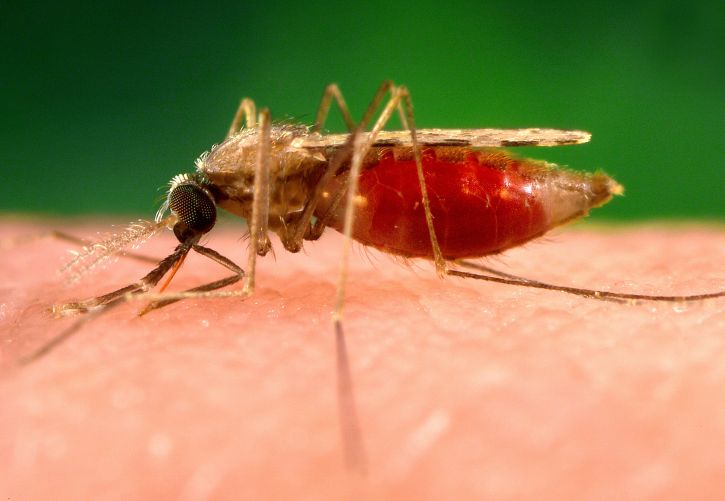Health - Malaria Superbug Spreads In SE Asia
Scientists are warning that a new drug-resistant form of Malaria parasite that is spreading across Southeast Asia could prove to be a global threat.
The "superbug" - transmitted by infected mosquitoes and causing symptoms from headaches and nausea on the mild side up to death at the worst - emerged in Cambodia and previously spread through parts of Thailand and Laos before arriving in Vietnam.

A letter recently published in The Lancet Infectious Diseases details the "recent sinister development" of alarming failure rates for dihydroartemisinin (DHA)-piperaquine - the country's first-line malaria treatment. The treatment is failing in about a third of the cases reported in Vietnam, while in some regions of Cambodia are experiencing a 60 percent failure rate.
The letter's coauthor says malaria control efforts in Southeast Asia are in jeopardy because of the mutant strain. "We hope this evidence will be used to reemphasize the urgency of malaria elimination in the Mekong sub-region before falciparum malaria becomes close to untreatable," said Professor Arjen Dondorp of Oxford University's Tropical Medicine Research Unit (MORU) in Thailand.
The researchers are very worried about this thing spreading to Africa, where 92 percent of the world's malaria infections occur.
"We are losing a dangerous race," added Oxford's Professor Sir Nicholas White. "The spread of this malaria 'superbug' has caused an alarming rise in treatment failures forcing changes in drug policy and leaving few options for the future," he said, emphasizing that "we need to tackle this public health emergency urgently".
Michael Chew, from the Wellcome Trust medical research charity doesn't like the numbers: "Around 700,000 people a year die from drug-resistant infections, including malaria," he said. "If nothing is done, this could increase to millions of people every year by 2050."







 Create PDF
Create PDF Print
Print Email to friend
Email to friend